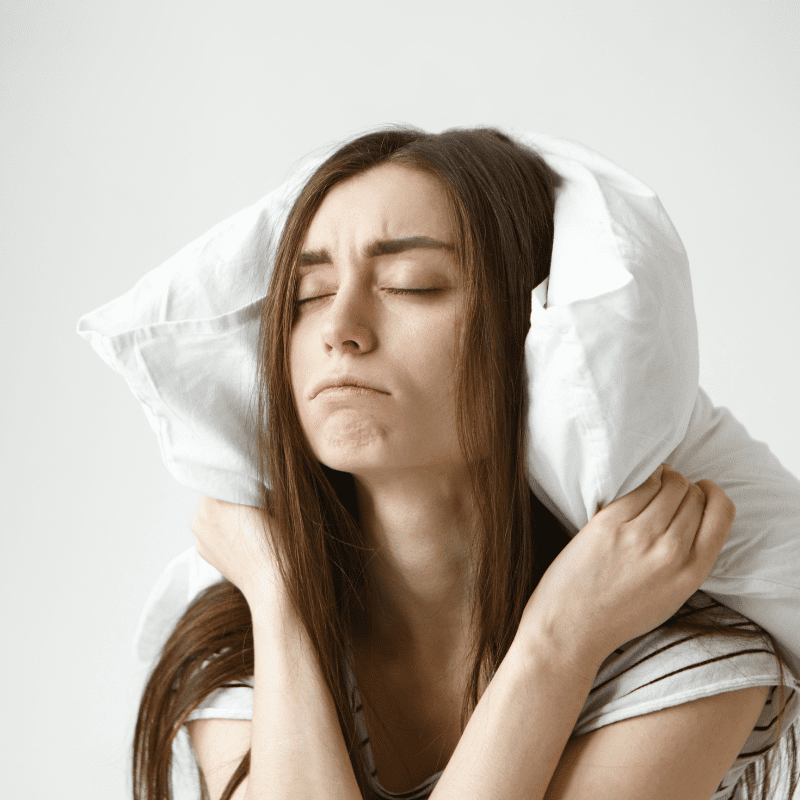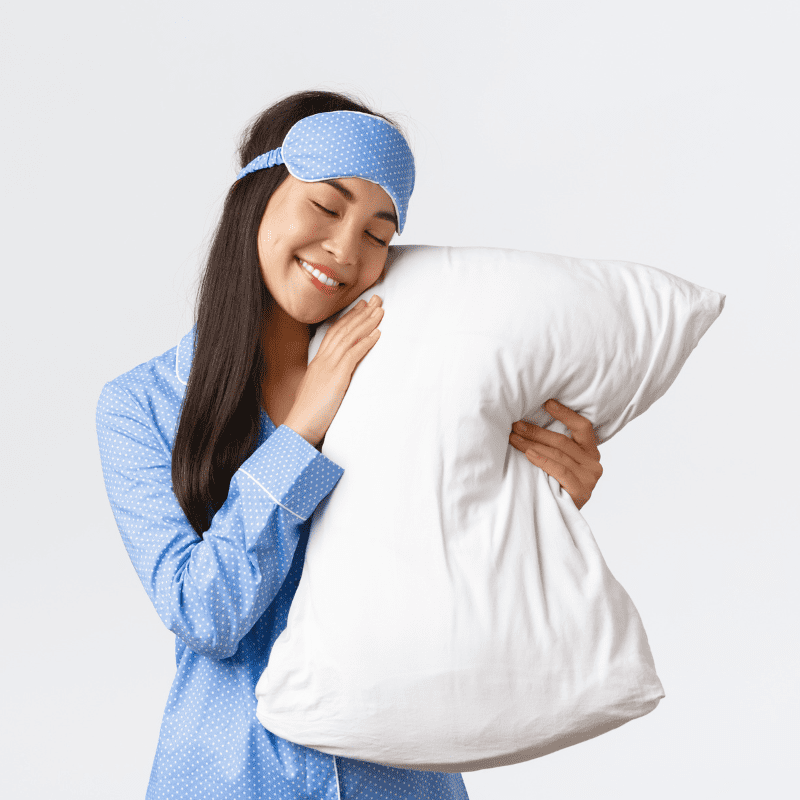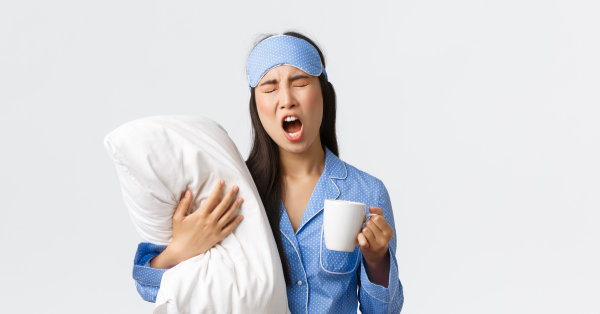What is insomnia?
Insomnia is a common sleep disorder that can
- find it difficult to fall asleep, stay asleep, or both
- wake up from several hours of sleep not feeling refreshed
- experience fatigue and difficulty functioning throughout the day
Causes of insomnia:

1. Stress
- Concerns about work, school, health or family can keep your mind active at night, making it difficult to sleep. Stressful life events or trauma — such as the death or illness of a loved one, divorce, or a job loss — also may lead to insomnia.
2. Travel or work schedule
- Your circadian rhythms act as an internal clock, guiding such things as your sleep-wake cycle, metabolism and body temperature. Disrupting your body’s circadian rhythms can lead to insomnia. Causes include jet lag from traveling across multiple time zones, working a late or early shift, or frequently changing shifts.
3. Poor sleep habits
- Poor sleep habits include an irregular bedtime schedule, naps, stimulating activities before bed, an uncomfortable sleep environment, and using your bed for work, eating or watching TV. Computers, TVs, video games, smartphones or other screens just before bed can interfere with your sleep cycle.

4. Eating too much late in the evening
- Having a light snack before bedtime is OK, but eating too much may cause you to feel physically uncomfortable while lying down. Many people also experience heartburn, a backflow of acid and food from the stomach into the esophagus after eating, which may keep you awake.
5. Medications
- Many prescription drugs can interfere with sleep, such as certain antidepressants and medications for asthma or blood pressure. Many over-the-counter medications — such as some pain medications, allergy and cold medications, and weight-loss products — contain caffeine and other stimulants that can disrupt sleep.

6. Medical conditions
- Examples of conditions linked with insomnia include chronic pain, cancer, diabetes, heart disease, asthma, gastroesophageal reflux disease (GERD), Parkinson’s disease and Alzheimer’s disease.
7. Sleep-related disorders
- Sleep apnea causes you to stop breathing periodically throughout the night, interrupting your sleep. Restless legs syndrome causes unpleasant sensations in your legs and an almost irresistible desire to move them, which may prevent you from falling asleep.

8. Caffeine, nicotine and alcohol
- Coffee, tea, cola and other caffeinated drinks are stimulants. Drinking them in the late afternoon or evening can keep you from falling asleep at night. Nicotine in tobacco products is another stimulant that can interfere with sleep. Alcohol may help you fall asleep, but it prevents deeper stages of sleep and often causes awakening in the middle of the night.

Insomnia symptoms:
- Difficulty falling asleep at night
- Waking up during the night
- Waking up too early
- Not feeling well-rested after a night’s sleep
- Daytime tiredness or sleepiness
- Irritability, depression or anxiety
- Difficulty paying attention, focusing on tasks or remembering
- Increased errors or accidents
- Ongoing worries about sleep
Suggestions for patient with insomnia:
- Eat bananas, dates, milk, nut oil, tuna, turkey, and whole-grain crackers or yogurt in the evening. These foods are rich in tryptophan, which promotes sleep.
- Avoid drinking alcohol. Small amounts of alcohol can promote drowsiness, but then impair the deep sleep cycle.

- Develop the following habits that can improve sleep:
- Go to bed only when you really want to sleep.
- Do not lie in bed when you are not sleepy. Get up and go to another room to read, watch TV, or do something until you want to sleep.
- Do not read, work, eat or watch TV in the bedroom.
- Set an alarm and wake up at a certain time every day, no matter how you slept last night. Most people don’t need an alarm clock once they have a normal sleep pattern.
- If you don’t have a habit of taking naps, don’t have this habit.
- Develop regular exercise in the evening or in the morning, but not before bed. Exercise can make the body feel tired, so it is easier to fall asleep.
- Play some soft music in the bedroom.
- Learning removes troubles. If you have occasional sleep problems, turn your attention to pleasant memories and thoughts. Learning relaxation techniques like meditation or imagery can be helpful in restoring sleep.
- Drink a cup of Nuewee Organic Banana Protein with Tiger Milk Mushroom before bedtime.

Nuewee Organic Banana Protein with Tiger Milk Mushroom contains supplements and vitamins that help you sleep better!
Banana Extract
- 1 cup of Nuewee Organic Banana Protein with Tiger Milk Mushroom = 6 bananas! Banana rich in tryptophan. Tryptophan is an essential amino acid, meaning that you must get it from foods like bananas because your body doesn’t produce it. Evidence has linked tryptophan-containing foods with improved sleep, including increased sleep time and efficiency, less difficulty falling asleep, and less waking at night.
Vitamin B6 & B12
- Vitamin B are vital for supporting brain function, energy levels and cell metabolism as well as help the body produce melatonin. Research has shown that maintaining sufficient levels of Vitamins B6 and B12 may help achieve good sleep.
Vitamin E
- Vitamin E can help relieve hot flushes and night sweats experienced by women in menopause stage of life, and thus improve their sleep quality.

Calcium
- Calcium can help the brain to produce melatonin. Melatonin is a hormone your body produces naturally that signals to your brain that it’s time to sleep. Melatonin may improve overall sleep quality in individuals with sleep disorders. Specifically, melatonin appears to reduce the time people need to fall asleep (known as sleep latency) and increase the total amount of sleep time.
Magnesium
- Magnesium helps to release tension and muscles, which is essential to prepare your body for rest if it is suffering from sleeping disorder and insomnia.
Iron
- Iron helps transport oxygen throughout your body, which is why a deficiency can leave you feeling fatigued, and is also linked to restless leg syndrome, causing people to constantly feel that they need to move their legs when in bed. Iron-deficiency is common particularly among women.
For more information, click >>> Nuewee Organic Banana Protein with Tiger Milk Mushroom to check out now!

